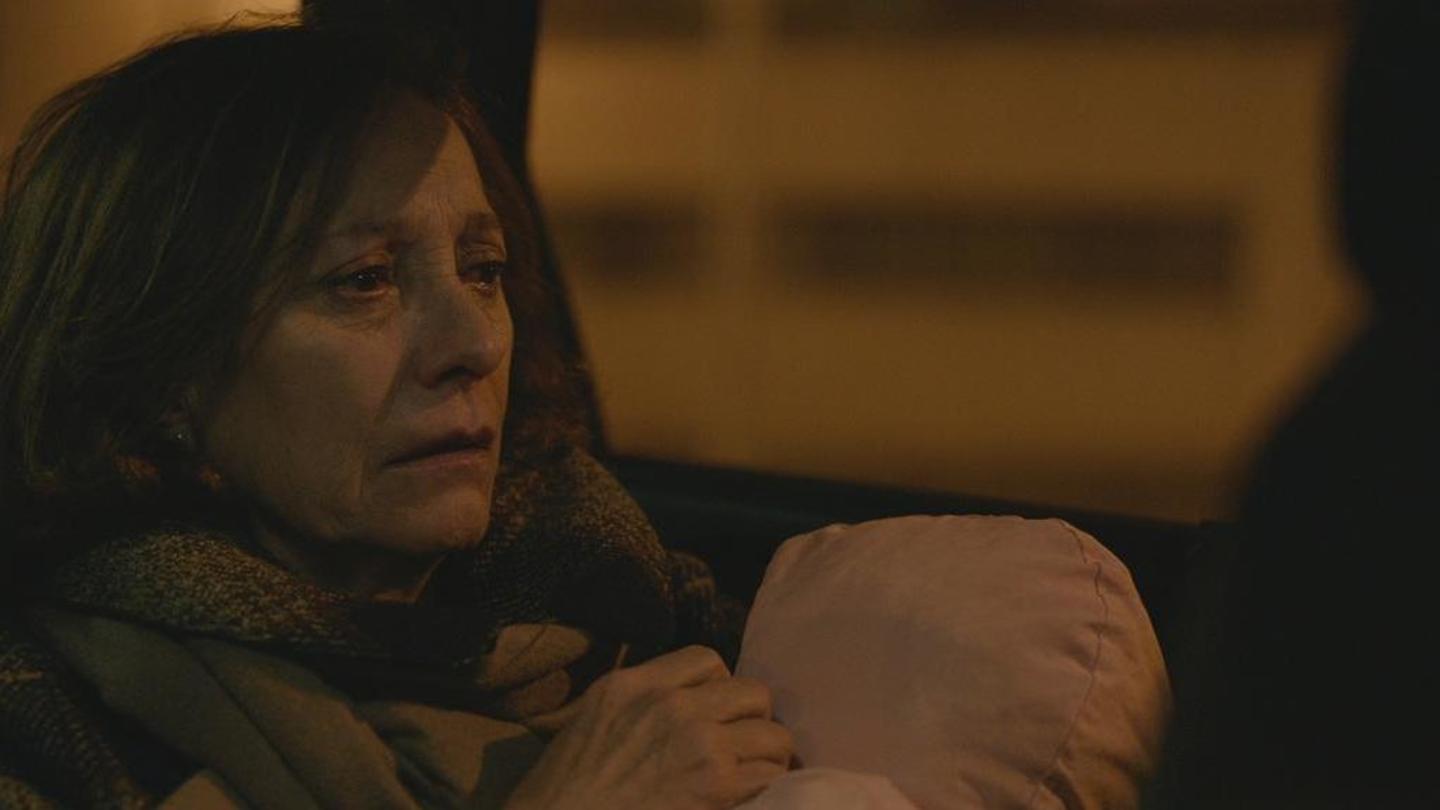
#NewsBytesRecommends: 'Hizia' on Netflix explores ethical dilemmas, conflicted moral absolutism
What's the story
Good and bad, evil and virtuous—these definitions are often convoluted, seldom straight, and more often than not, driven by context and consequence.
In this regard, moral absolutism becomes interesting since it assigns a certain degree of goodness or evilness to actions, inherent motivations notwithstanding.
The French film Hizia (2020), on Netflix, plays with this moral dilemma and throws up uncomfortable questions about ethical quandaries.
Plot
Most of the film focuses on two characters: Louise, Fahim
The Chabname Zariab directorial charges into action from the first shot, and we meet Fahim (a criminal) running frantically, planning an escape from the police.
He bumps into Louise, played by Brigitte Rouan, and in a moment elevated by atmospheric tension, hands her a bag.
As Louise sees him being arrested by cops soon after, the bag's contents make her jaw drop: a baby.
Ethical questions
'Hizia' poses uncomfortable, twitchy questions to the viewers
Once Louise—who is childless—begins to care for the baby as she would have raised her own progeny, the narrative zooms in on ethical questions.
Is she right? Shouldn't she hand the baby to the police? Is she aiding a criminal?
These and many more similar questions clutch both Louise and us as we anticipate our reactions lest we find ourselves in her shoes.
Evokes empathy
Makes you care for the characters from the get-go
Hizia is an evocative piece of cinema, not only because it swoops you into the narrative by putting you in a tight spot but also because—despite its about 20-minute-long runtime—it moves you and makes you care for the characters.
It also drives home the point that ethics are a slippery slope, and the lines that demarcate good and bad are feeble and blurred thin.
Narrative turns
Fahim's reasons behind becoming a thief add gravitas to story
Another distinctive aspect about Hizia is how it doesn't exactly side with either Fahim or Louise.
It presents an everyday story with commonplace characters, but it is the deep exploration and analysis of flawed, raw human beings that makes it worth watching.
The twist at the end, which brings Fahim back into the picture, also turns the seemingly straightforward narrative—and our expectations—on its head.
Conclusion
Add 'Hizia' to your watchlist today!
Short films have a mounting challenge in front of them—to condense a lot of emotion, thrill, numerous themes, narrative shifts, and character developments in a limited timeframe.
Hizia ticks off all these boxes and its biggest, most profound strength is that it takes us through moral conundrums, only to ask us at the end: which side of the fence do we really stand on?